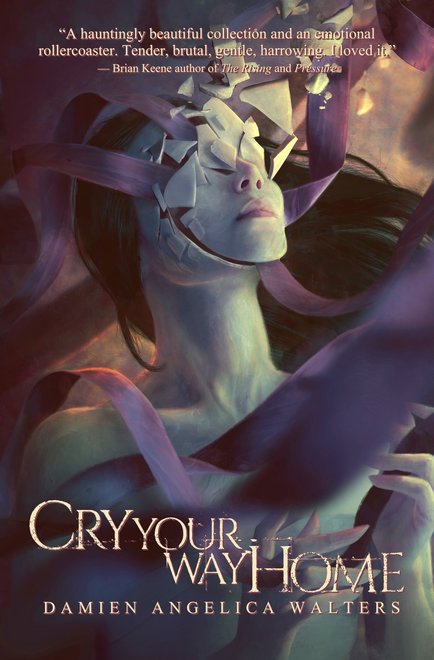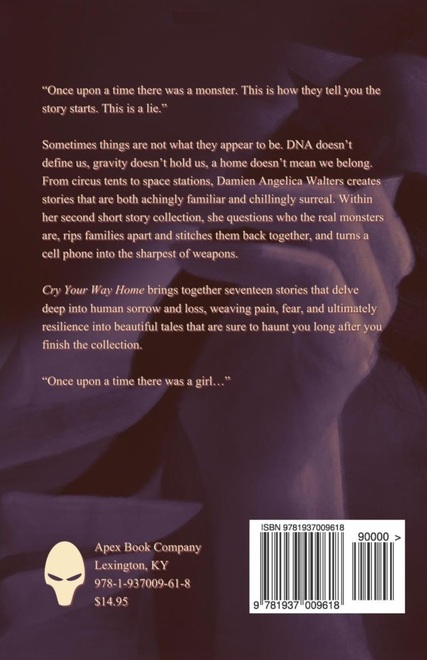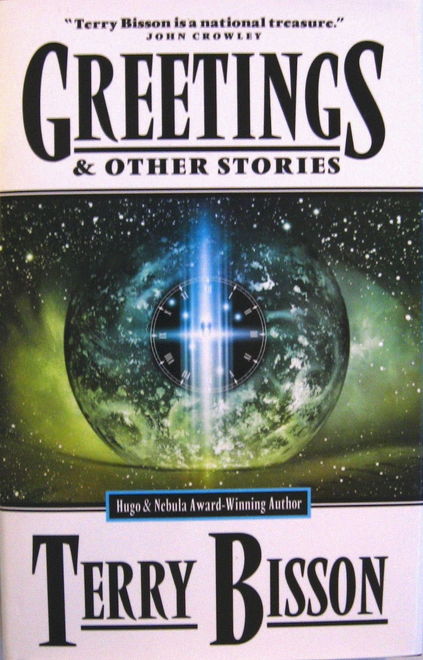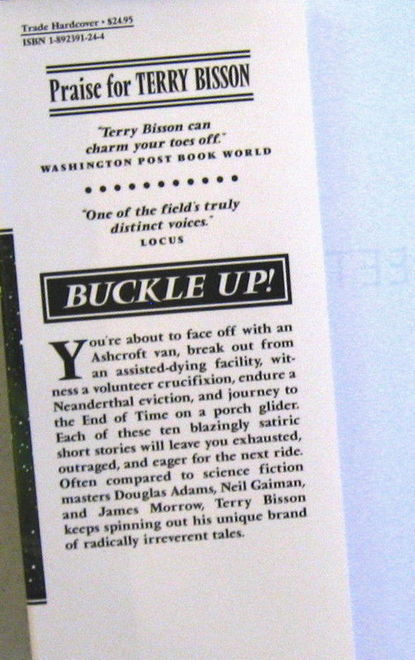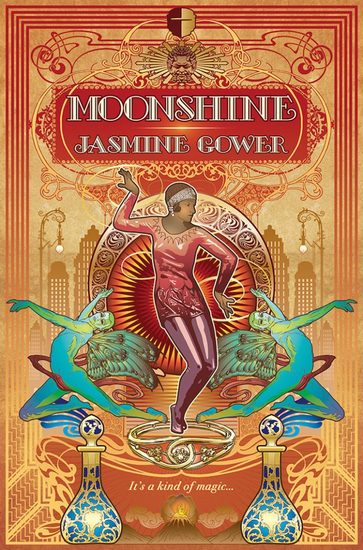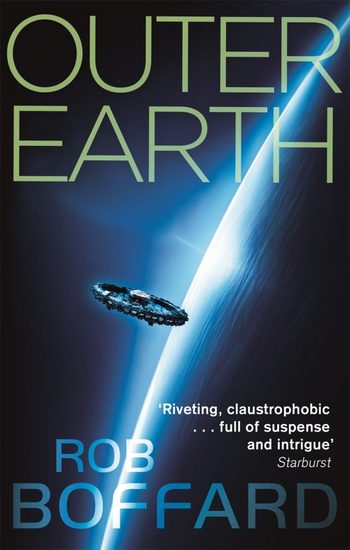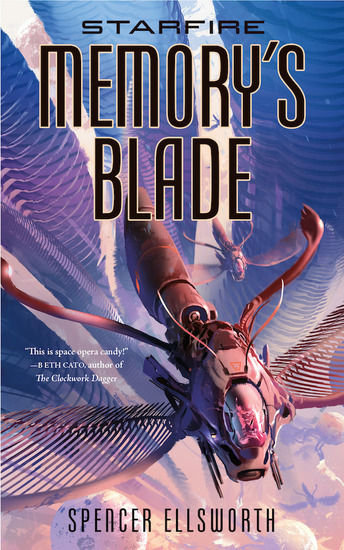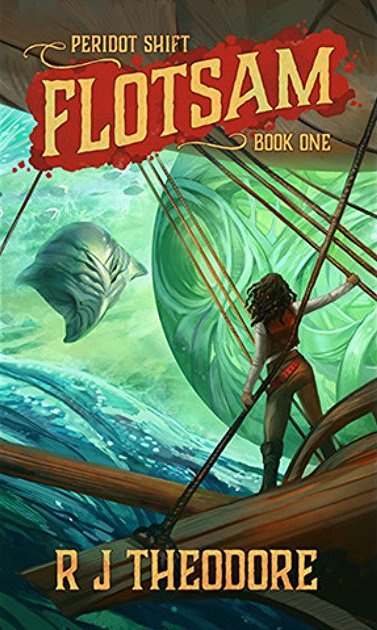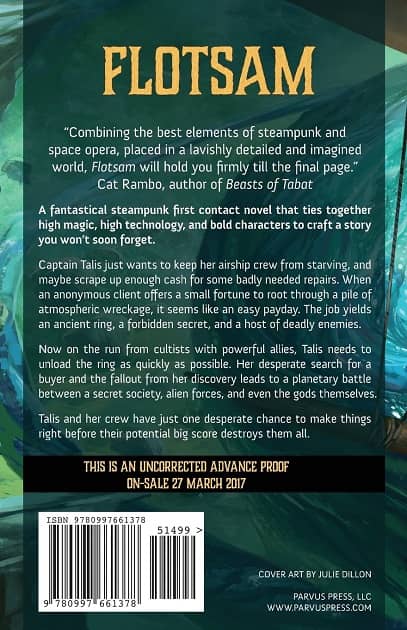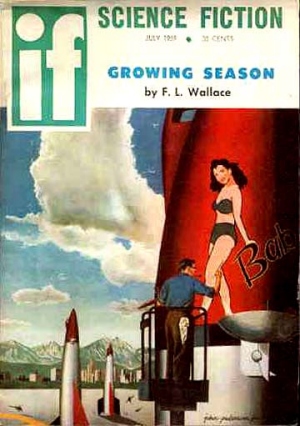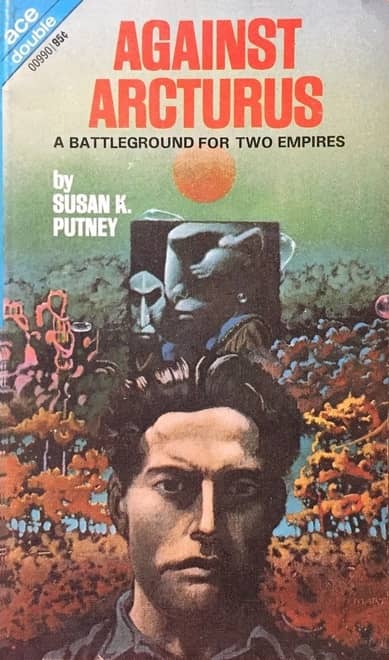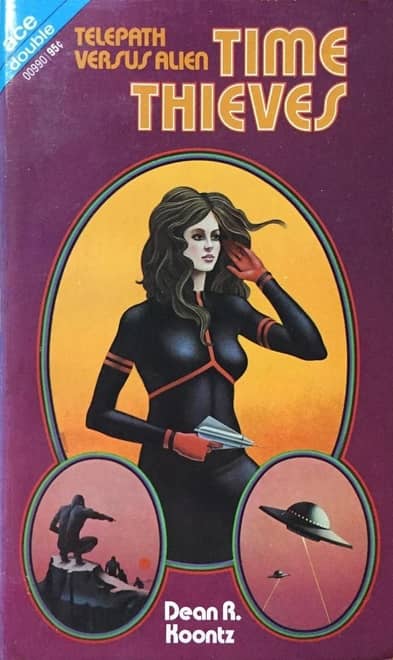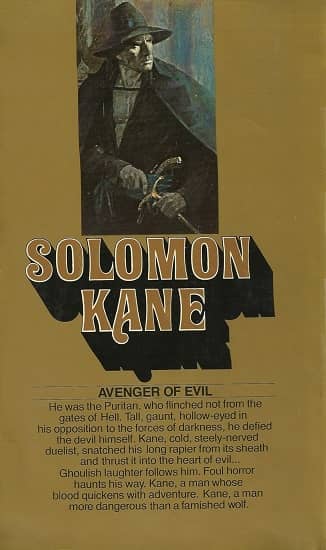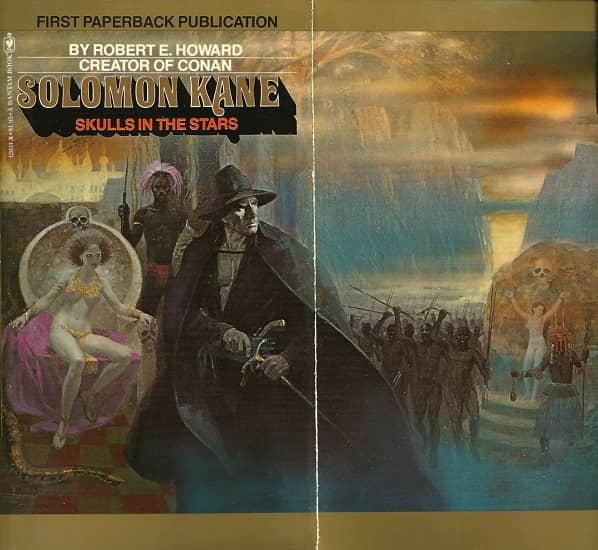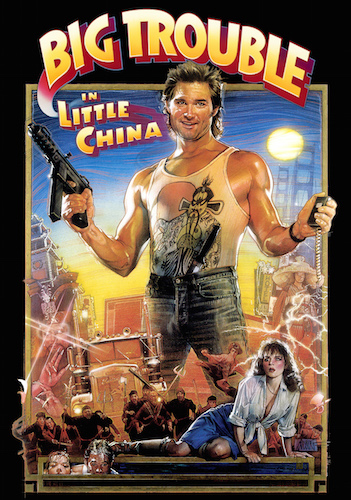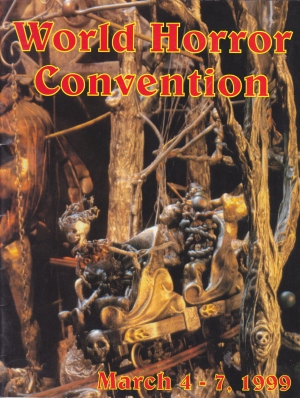Time Travel to the Most Dramatic Incidents in History: Invictus by Ryan Graudin
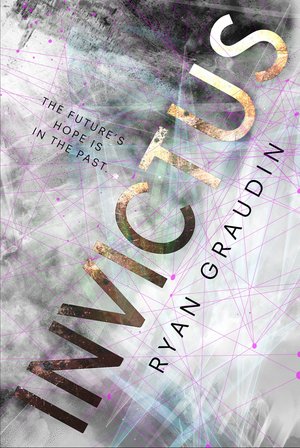 Farway McCarthy’s mother is one of the most famous time travelers ever to record the past. Since she disappeared when he was a child, never returning from an expedition to ancient Egypt, his only hope of finding her again is by following in her footsteps and becoming a field agent for the Corps of Central Time Travelers himself. He’s his class’s valedictorian going into the final exam, so this dream lies within his grasp. There’s just one more simulation to ace.
Farway McCarthy’s mother is one of the most famous time travelers ever to record the past. Since she disappeared when he was a child, never returning from an expedition to ancient Egypt, his only hope of finding her again is by following in her footsteps and becoming a field agent for the Corps of Central Time Travelers himself. He’s his class’s valedictorian going into the final exam, so this dream lies within his grasp. There’s just one more simulation to ace.
But then the unthinkable happens. He fails.
Somebody must have rigged the simulation. He didn’t get nearly close enough to the actress playing Marie Antoinette for her to notice him. Plus, she had the gall to wink at him in that knowing way as the hologram of Versailles vanished around him and the warehouse reappeared. He’d been set up.
Far pleads his case to the Headmaster to no avail. Just like that, he’s expelled from the Academy instead of graduating. If someone from the past could guess you’re a visitor from the future, you’ve got no business being a Recorder. Such carelessness could undermine the whole fabric of time.
Far leaves his exam knowing he’ll never get the chance to time travel. Trapped in the present, he’ll never find his mother. He’ll never even get the chance to look.
“Subject Seven has been successfully redirected,” an anonymous memo informs the reader as Far faces his bleak new future.
That’s when a mysterious handwritten note invites Far to meet with a black-market trader. The Corps of Central Time Travelers aren’t the only ones who own time machines, it turns out. Far can captain one (the Invictus) by accepting the trader’s extortionate terms, which, of course, he does.
